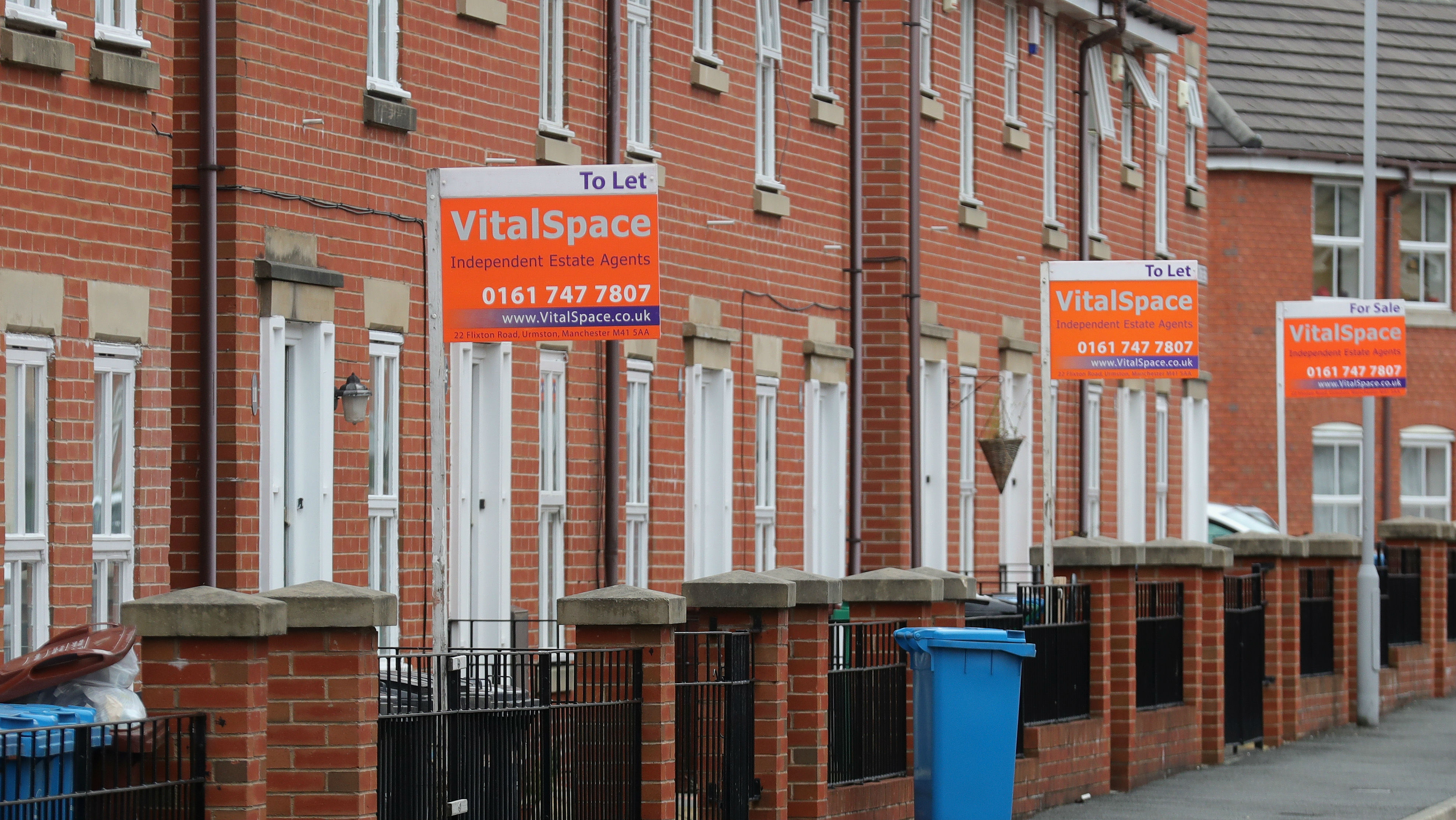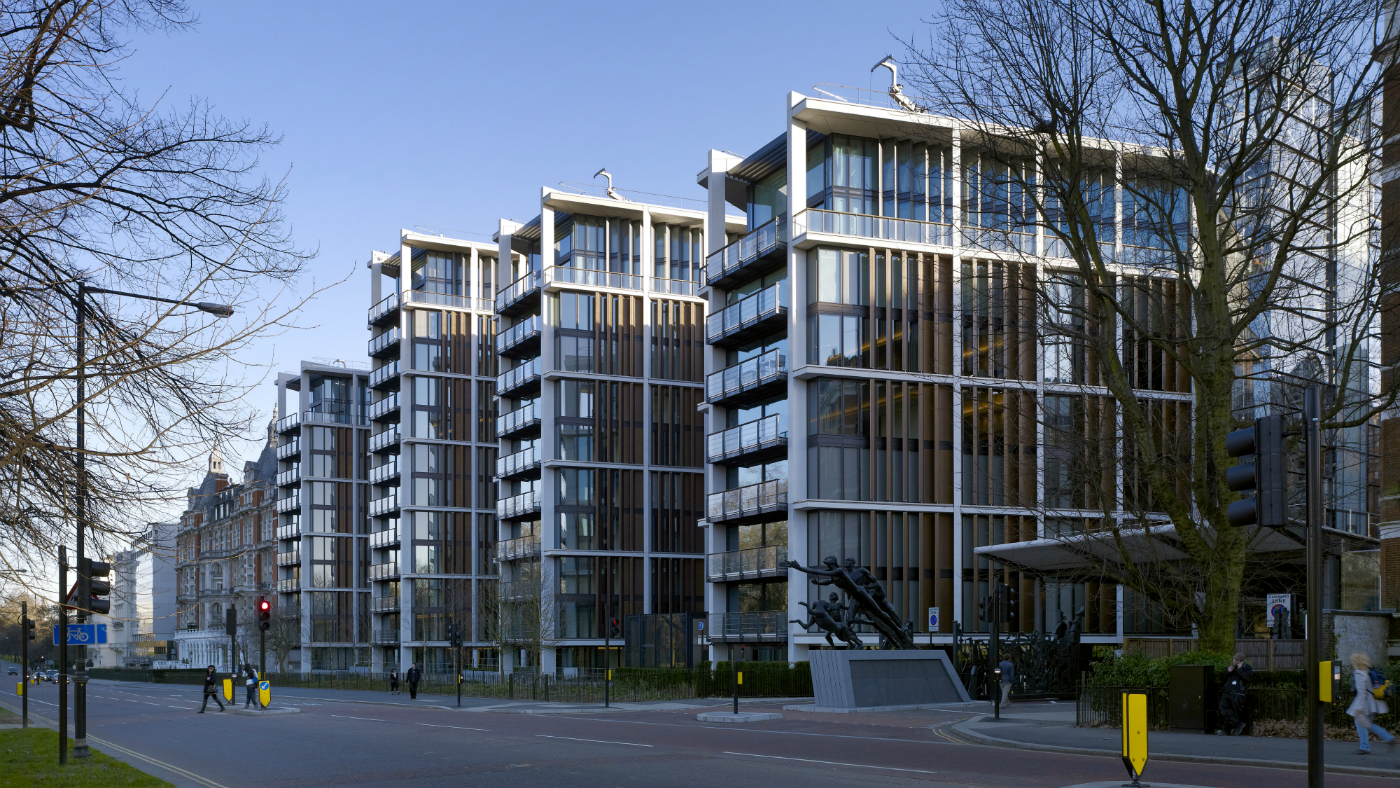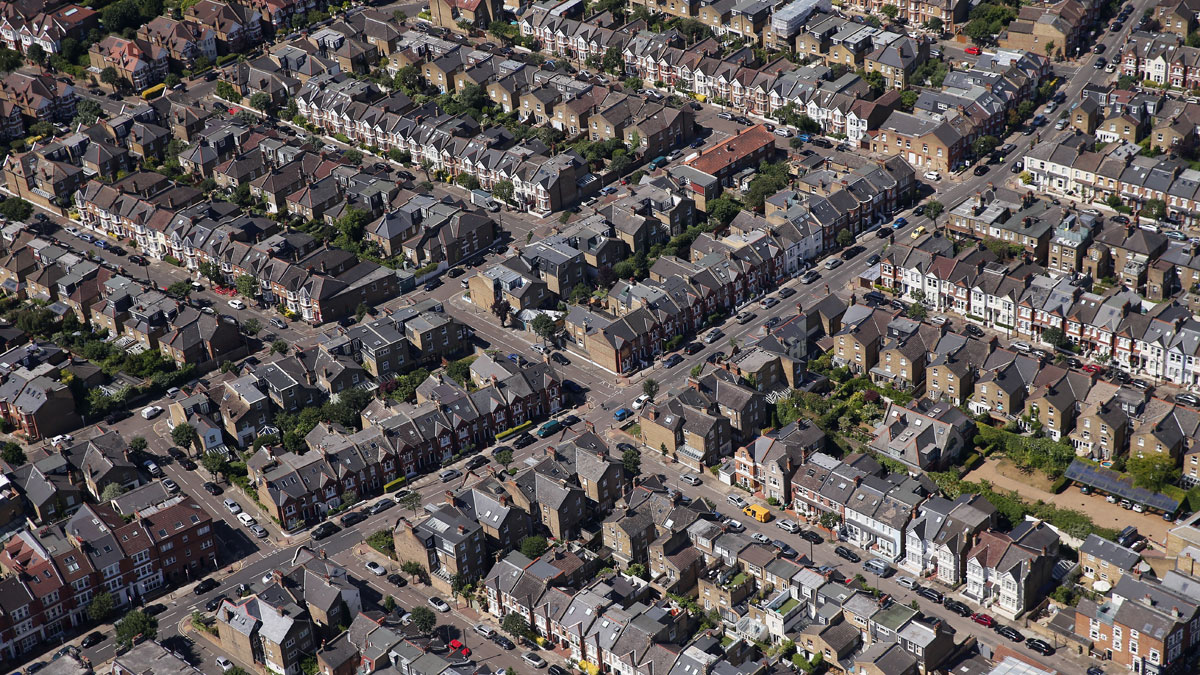Children of the 80s half as wealthy as kids of 70s
Today's thirtysomethings become first generation to see their relative wealth decline

A free daily email with the biggest news stories of the day – and the best features from TheWeek.com
You are now subscribed
Your newsletter sign-up was successful
Thatcher's kids aren't all right – or at least, they are certainly a lot less wealthy.
A new report published by the Institute for Fiscal Studies has found that Britons born in the 1980s are only half as wealthy as those born a decade before, making them the "first post-war group not to have higher incomes in early adulthood than those born in the preceding decade", says the BBC.
Taking into account property equity, financial assets and accumulated pensions, minus any debts owed, today's thirtysomethings have an average wealth of £27,000. Ten years ago, their 1970s peers had £53,000.
The Week
Escape your echo chamber. Get the facts behind the news, plus analysis from multiple perspectives.

Sign up for The Week's Free Newsletters
From our morning news briefing to a weekly Good News Newsletter, get the best of The Week delivered directly to your inbox.
From our morning news briefing to a weekly Good News Newsletter, get the best of The Week delivered directly to your inbox.
Explaining the stark drop, the IFS blamed rapid house price rise in particular. The rise in valuations boosted the wealth of previous generations but have led to declining home ownership rates among those that followed.
Only 40 per cent of those born in the early 1980s are owner-occupiers, compared to at least 55 per cent at that age for those born in the 1940s, 1950s, 1960s and 1970s, says the Daily Telegraph.
Rents are also higher, with tenants in their late twenties who were born in the 1980s having to pay out 30 per cent, compared to 15 per cent for homeowners.
Compounding the problem, wages have stagnated since the financial crisis and generous financial salary pensions that were offered to older generations have all but disappeared, making it harder for millennials to catch up later.
A free daily email with the biggest news stories of the day – and the best features from TheWeek.com
Laura Gardiner, from the Resolution Foundation think-tank, said this was not only a problem for those directly affected.
She said: "If we have far higher proportions of pensioners renting in years to come this is going to put a far higher cost on the state to support them through things like housing benefit - this is an individual and collective problem."
-
 What are the best investments for beginners?
What are the best investments for beginners?The Explainer Stocks and ETFs and bonds, oh my
-
 What to know before filing your own taxes for the first time
What to know before filing your own taxes for the first timethe explainer Tackle this financial milestone with confidence
-
 The biggest box office flops of the 21st century
The biggest box office flops of the 21st centuryin depth Unnecessary remakes and turgid, expensive CGI-fests highlight this list of these most notorious box-office losers
-
 Brits keeping 21 million ‘money secrets’ from friends and family, survey reveals
Brits keeping 21 million ‘money secrets’ from friends and family, survey revealsSpeed Read Four in ten people admit staying quiet or telling fibs about debts or savings
-
 London renters swap cramped flats for space in suburbia
London renters swap cramped flats for space in suburbiaSpeed Read New figures show tenants are leaving Britain's cities and looking to upsize
-
 Should the mortgage holiday scheme have been extended?
Should the mortgage holiday scheme have been extended?Speed Read Banks warn that some homeowners may struggle to repay additional debt
-
 RBS offers coronavirus mortgage holidays
RBS offers coronavirus mortgage holidaysSpeed Read Taxpayer-owned bank follows measures taken in virus-struck Italy
-
 What are the changes to National Savings payouts?
What are the changes to National Savings payouts?Speed Read National Savings & Investments cuts dividends and prizes for bonds
-
 China clears path to new digital currency
China clears path to new digital currencySpeed Read Unlike other cryptocurrencies, Beijing’s would increase central control of the financial system
-
 Why are donations surging to the RNLI?
Why are donations surging to the RNLI?Speed Read Charity enjoys flood of funding after criticism for overseas work
-
 PPI deadline day: how to claim
PPI deadline day: how to claimSpeed Read Final chance for consumers to apply for compensation